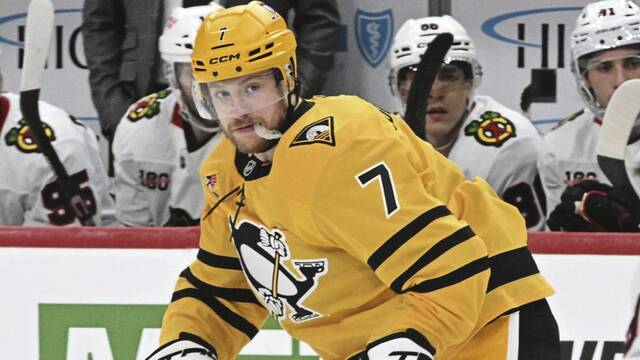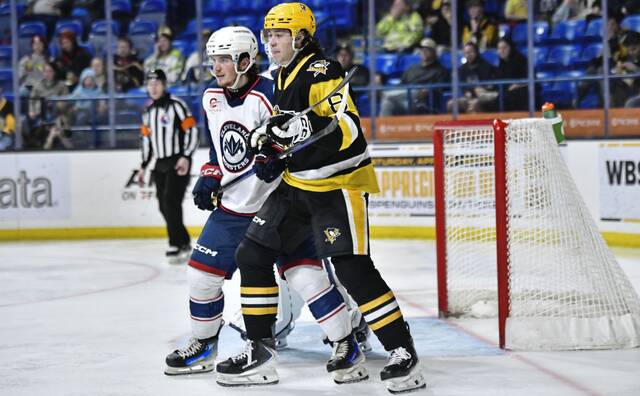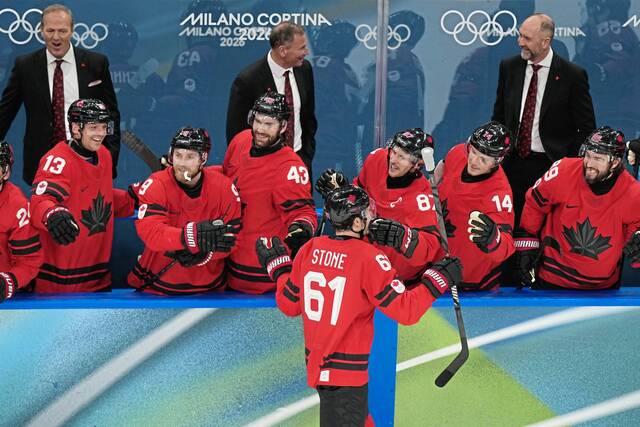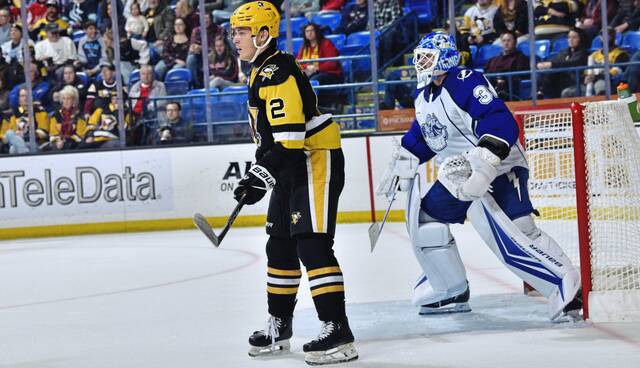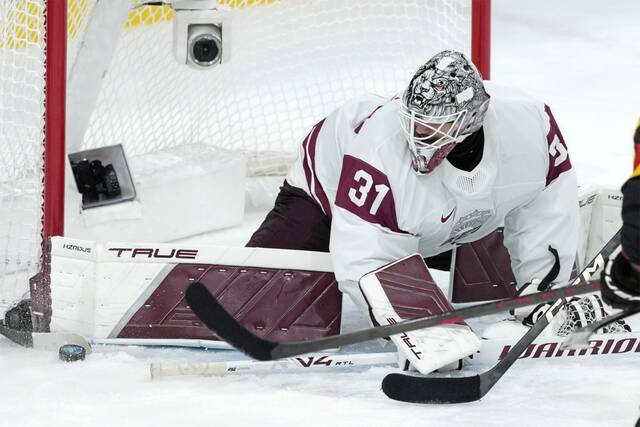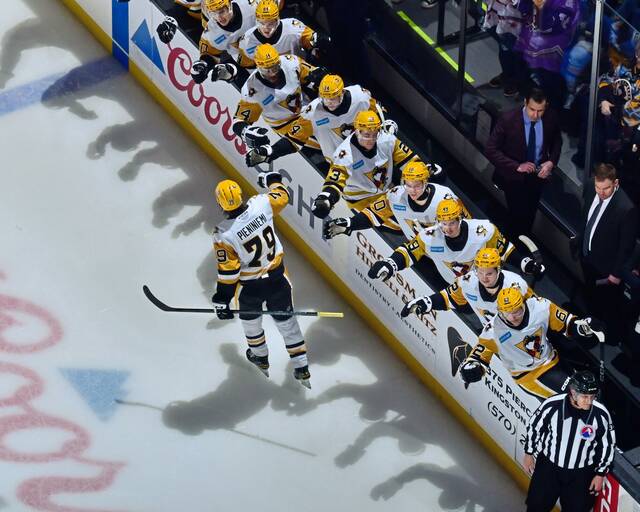General manager Jim Rutherford and coach Mike Sullivan stood side-by-side at a season-ending news conference and announced, in one voice, that the Pittsburgh Penguins must be harder to play against moving forward.
So, what does this mean for Phil Kessel?
By the conventional definition of the term, Kessel’s game is the furthest thing from hard to play against. He’s not particularly physical and defense is a secondary concern of his.
But ask an opposing goalie what it’s like facing Kessel when he’s flying up the right wing and ripping a blur of a wrist shot toward the far post. At that moment, he’s extraordinarily hard to play against.
With that in mind, the Penguins are faced with the same offseason decision with Kessel that they’ve faced each of the last two summers. Does the good in his game still outweigh the bad as the Penguins try to regain their championship form?
“We had a good run here the last four years I’ve been here,” Kessel said. “Obviously there’s going to be ups and downs, and this year wasn’t a good one.”
When it comes to assessing Kessel’s game, there’s plenty of upside.
Kessel didn’t miss a game for the sixth consecutive season, recording 27 goals and 82 points. He’s one of only 18 players in the league to average a point per game in each of the past two seasons. Most of those players make, or soon will make, much more than the $6.8 million salary cap hit the Penguins are charged on Kessel’s contract, which runs for three more seasons.
In other words, he’s productive and not terribly expensive. In a bottom-line business, those are big pluses.
There are minuses, though.
Two of the biggest problems the Penguins faced this season were a penchant for giving up shorthanded goals and an inability to win in overtime.
Kessel was on the ice for 13 of the league-leading 15 shorthanded goals the Penguins surrendered. When he was on the ice for three-on-three overtime, the Penguins gave up five goals and scored none.
Kessel’s casual relationship with the concept of puck management and gambler’s mentality when it comes to creating offense at the expenses of defense exacerbated those problems. When Rutherford and Sullivan were talking about a commitment to the details of winning hockey after the Penguins were swept out of the first round of the playoffs by the New York Islanders, those were the type of plays they were talking about.
Then there was the long midseason slump that Kessel endured.
He didn’t score a goal in February, going 13 games without one. He didn’t score an even-strength goal in February or March, a drought that encompassed 29 games.
Kessel eventually snapped out of the slump. He had 16 points in the Penguins’ last 16 games of the regular season and, on balance, was probably the team’s best forward against the Islanders.
Given that the Penguins scored six goals in the entire series, that’s probably nothing to crow about, and Kessel wasn’t afterwards.
“It’s disappointing,” he said. “Obviously, we didn’t expect it to end like this or go in four games. It’s never expected, but I guess we gotta regroup.”
The big question, of course, is whether those efforts to regroup will include Kessel or not.
On one hand, he said he wouldn’t be shocked if he were traded before next season starts. On the other hand, he said he could see the current group of Penguins rising to the top again.
“It’s competitive,” Kessel said. “You look throughout the league. Every team is good. There’s great players throughout the league. It’s not as easy as the outside world projects to win games and have success. We’ve had it, and I think there’s a lot of good players in here. There’s no reason to say it can’t continue.”



